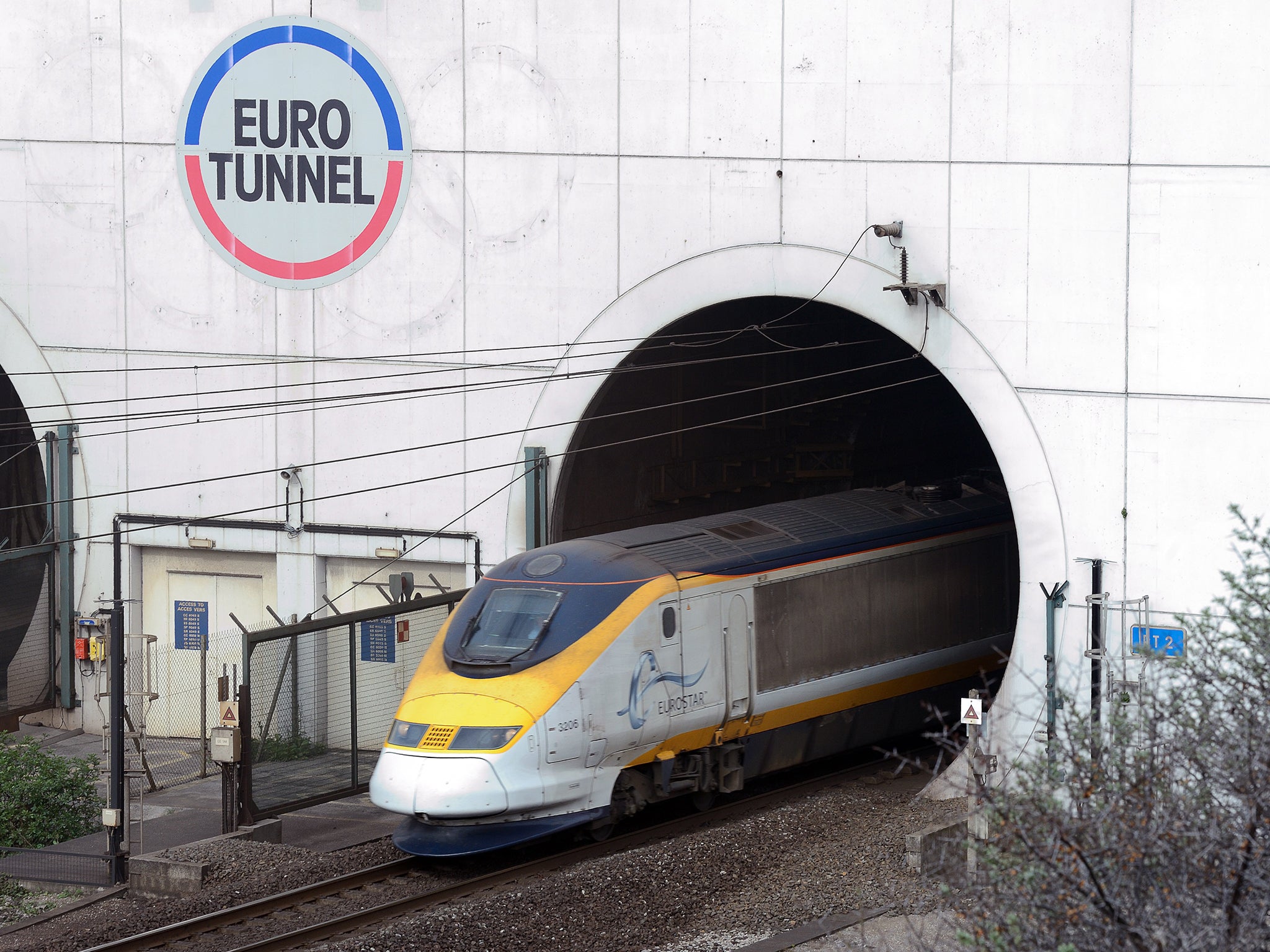More than one in five Britons unaware Europe is a continent, research claims
Just one third of respondents believed they would pass GCSE geography if they took exam today

Your support helps us to tell the story
From reproductive rights to climate change to Big Tech, The Independent is on the ground when the story is developing. Whether it's investigating the financials of Elon Musk's pro-Trump PAC or producing our latest documentary, 'The A Word', which shines a light on the American women fighting for reproductive rights, we know how important it is to parse out the facts from the messaging.
At such a critical moment in US history, we need reporters on the ground. Your donation allows us to keep sending journalists to speak to both sides of the story.
The Independent is trusted by Americans across the entire political spectrum. And unlike many other quality news outlets, we choose not to lock Americans out of our reporting and analysis with paywalls. We believe quality journalism should be available to everyone, paid for by those who can afford it.
Your support makes all the difference.Millions of Britons struggle with basic geography knowledge – with more than one in five unaware Europe is a continent, a study has claimed.
Researchers found two thirds did not know the world is made up of seven land masses, with one in four wrongly believing there are only five.
Three per cent – or the equivalent of 1.5m people – even thought Great Britain was its own continent.
Another one in four did not know Antarctica was home to the South Pole.
The results of the poll, commissioned by British Airways Holidays, have been released as A-level and GCSE students receive their results.
Despite 63 per cent of adults describing themselves as “well-travelled”, visiting an average of nine countries each, just one third beleived they would pass GCSE geography if they were to take the exam now.
Fifty-four per cent of respondents admitted their knowledge of world locations, capital cities or landmarks was “ok” or “poor”.
Almost one quarter thought the most commonly spoken language in Brazil was Spanish, rather than the correct answer of Portuguese.
One in four were unable to name the Sahara Desert as the largest hot desert in the world.
Sixty-three per cent had no idea there were 50 stars on the US flag and more than one in 10 struggled to name India as the home of the Taj Mahal.
One-tenth also thought the Canadian city of Toronto was a US state and the same number pinpointed Athens as the home of the famous Colosseum instead of Rome.
But when it came to capital cities, Britons did a little better with 78 per cent able to identify Copenhagen as the capital of Denmark and 85 per cent correctly naming Washington DC as the US capital.
The research polled 9,000 adults from 13 countries, including the US, France, Germany, Russia, Brazil and Australia.
One in four Australians struggled to name the Colosseum’s home as Rome, while almost one in five French respondents and one in 10 Italians were not aware their home countries contained part of the Alps.
Only 54 per cent of Australians correctly said Budapest was the capital of Hungary, whereas UK-based respondents fared better with 66 per cent selecting the correct answer.
Six in 10 Germans could name India as the home of the Taj Mahal and a third of Russians did not know Brazil’s language is Portuguese.
Claire Bentley, managing director of British Airways Holidays, said: “We all know most love to travel and our holidays are often one of the highlights of the year.
“But it’s unsurprising that Brits scored highly when asked to pick out capital cities.
“New destinations are opening up all the time [and] the web has made the world more accessible.”
SWNS
Join our commenting forum
Join thought-provoking conversations, follow other Independent readers and see their replies
Comments